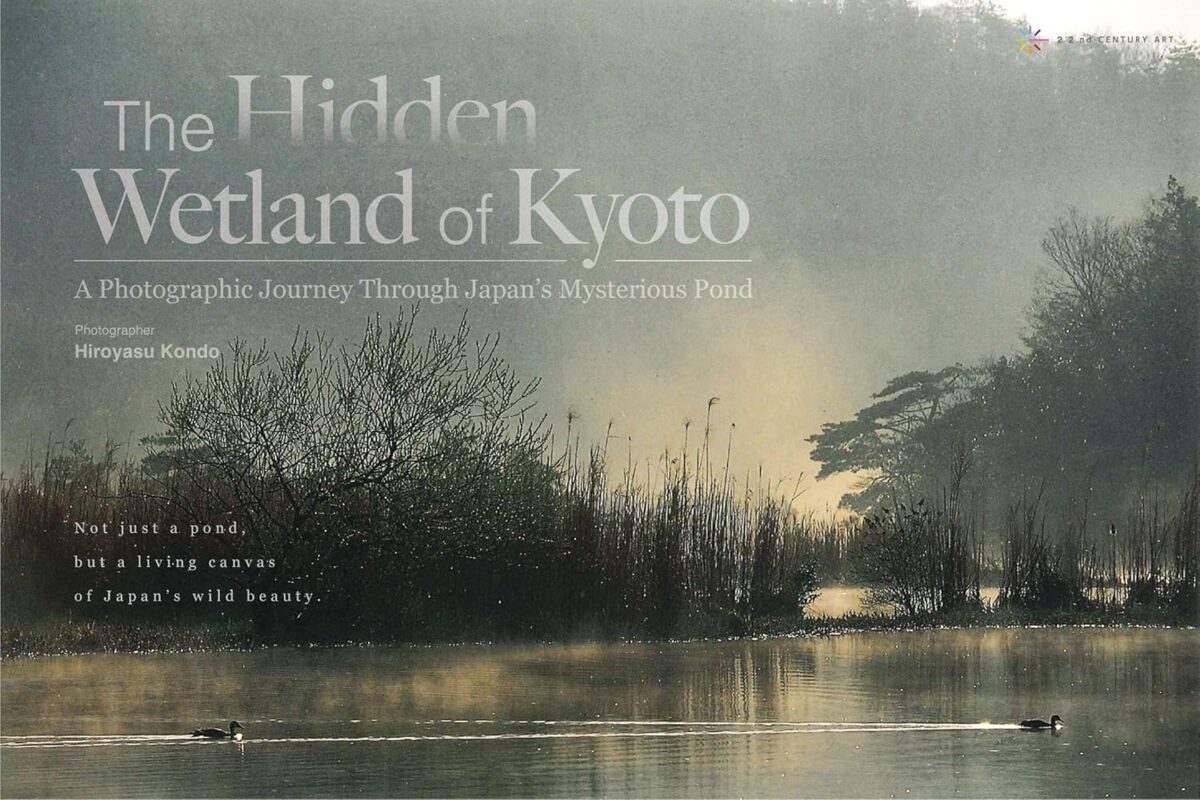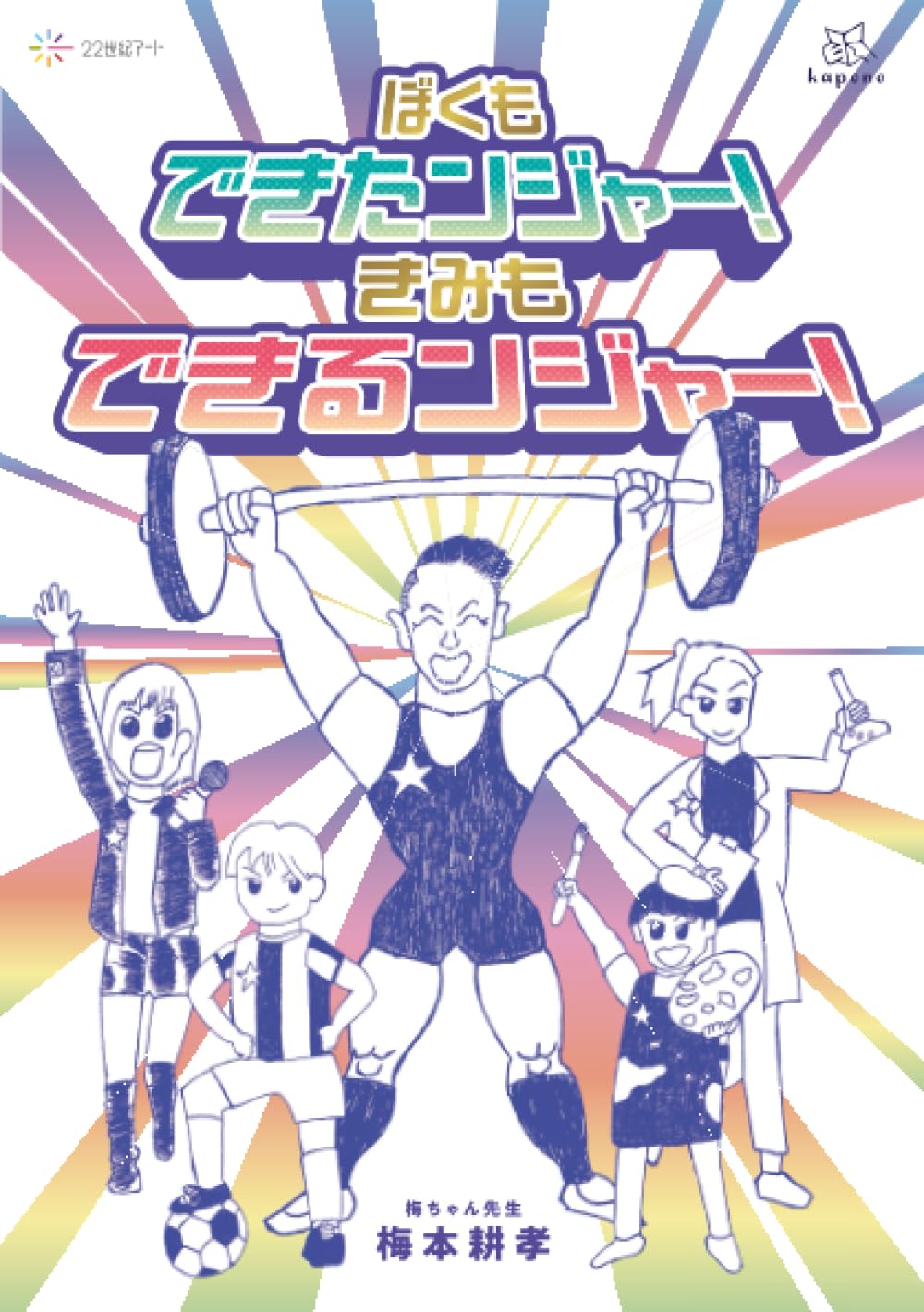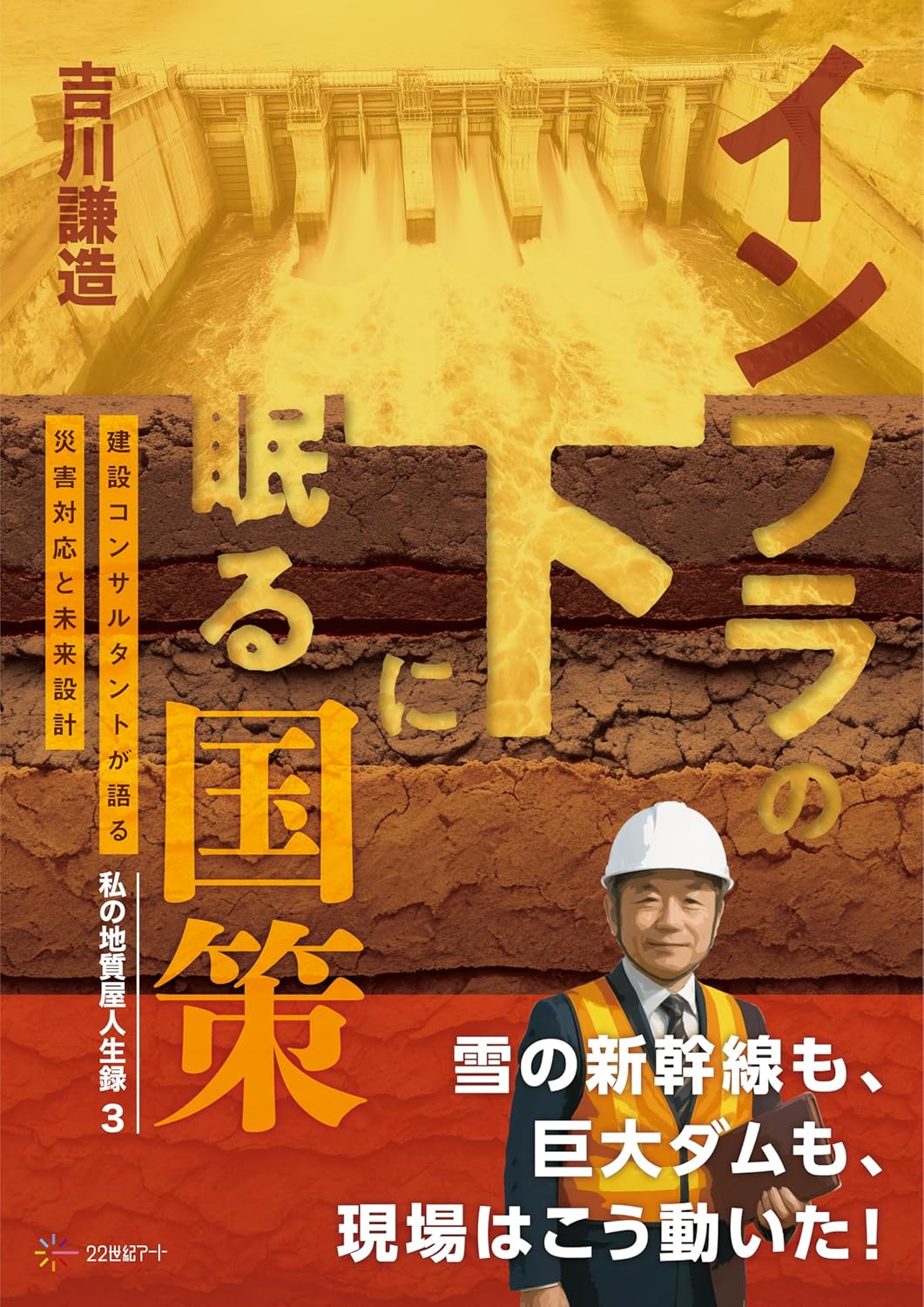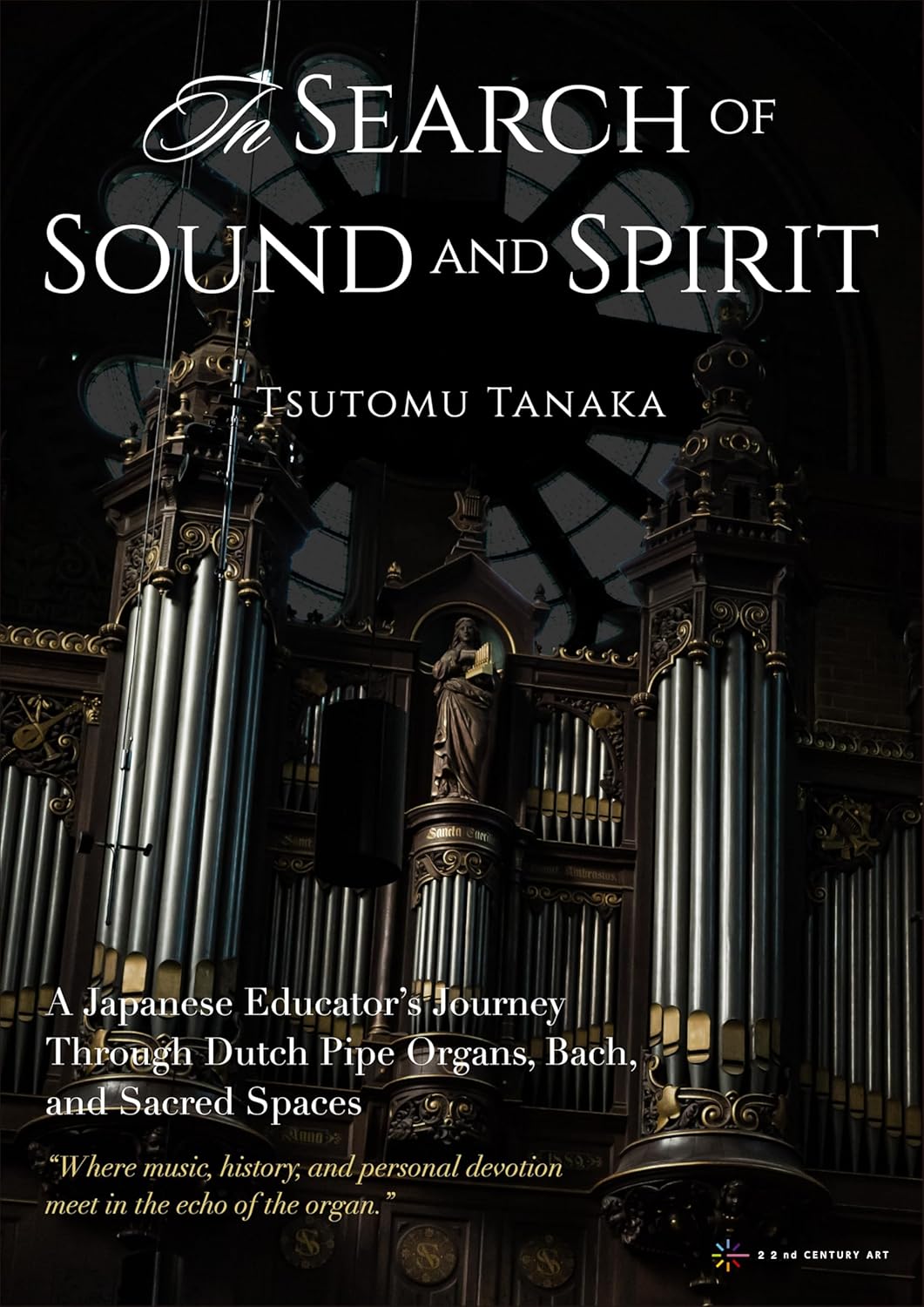
A Question to Humanity
(著) 町屋肇
Amazon作品詳細
[About the product]
What is human happiness? Questioning the state of the economy from the perspective of what it should be.
A book warning against the economic activities of modern people.
Why are humans able to think about the past and create the future?
This book takes a bird's-eye view of the relationship between humans and the economy from multiple axes, including animals and humans, desire and economy, and the universe, and asks questions about the future that humans should be heading towards.
What is the difference between humans and animals?
What is the difference between humans and animals? Unlike animals that only have instincts, humans have both instincts and intelligence. Because of intelligence, humans have been able to acquire the extremely powerful power of imagination. Therefore, he created the future from his imagination, thought about the past, and created reality.
The author believes that intelligence, which is an element that has made humans highly developed, is also "damaging human happiness."
The events of 2010 were a turning point.
The author, who had retired at the age of 65, was enjoying his free time, but a certain event in 2010 became a turning point.
First, I was reminded of the following words by French economic philosopher Serge Latouche.
"I am against growth because no matter how much the economy grows, it does not make people happy.Growth for growth's sake has become an objective, and wasteful consumption is forced."
We should aim for a frugal and happy society.
Next, my seminar teacher appeared in my dream early in the New Year. His mentor, a professor, advocated that economics could only be established as a human being by taking into account human instinctual elements, saying, "Economy is about living."
The irony of civilized society.
The author says, "In an economy built on ever-expanding desires, conflicts, and battles, the human beings and hearts that should exist are gone. From this, the true happiness cannot be obtained." Human beings in civilized society are imprinted with selfish desires by capital.
"So that people around the world can live happily"
This is said to have been said to be the words of an old woman who threw herself into the ground at the Potala Palace, the head temple of Tibetan Buddhism, and when asked, "What did you ask for?" she replied with a red-brown shy smile.
"The Inuit, who live in the bitterly cold climate of Greenland, have a custom that instead of a duel, the winner is the one who can make the most people laugh by doing a drum dance. This is an idea that prevents the shedding of human blood."
"The wishes of those who are far from civilization are based on a global perspective, while the wishes of those who have become accustomed to modernized life are based on a near-sighted, short-sighted perspective."
These words of the author are full of irony towards modern people.
A book for thinking about the future.
In order to recover from the defeat in World War II, the Japanese worked hard and became a developed country in a short period of time through high economic growth. On the other hand, the author expresses reflection on what they have done.
"I think we, the elderly, need to be made aware of part of our responsibility for making the world a difficult place for young people to live in.This is because we have blind spots in the very fact that we worked so hard to survive the turbulent post-war period. Because people think it's hidden."
This book may challenge the thinking of the generation that has enjoyed the fruits of economic growth. I would recommend reading it.
Written by Minoru Hachisu.
[Author Profile]
Hajime Machiya
Born in 1942 in the former Manchukuo. Raised in Aomori Prefecture.
新刊情報











